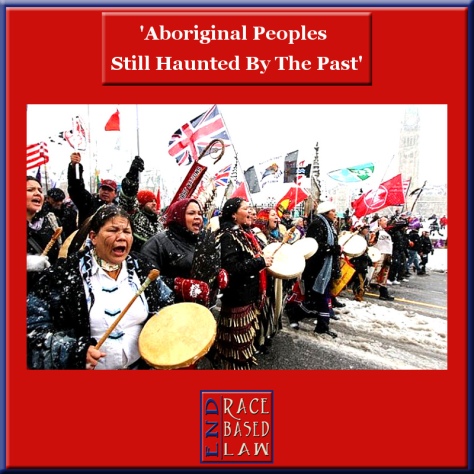This is an edited transcript of a speech that Senator Lynn Beyak gave to the Canadian Senate. In response, the Aboriginal Industry started making her a focus of their attacks, which continue to this day…
Hon. Lynn Beyak:
“Honourable Senators… I want to present a somewhat different side of the residential school story…
“Today, I will take a broad look at several timely ‘indigenous’ issues that are before us. I speak partly for the record, but mostly in memory of the kindly and well-intentioned men and women and their descendants — perhaps some of us here in this chamber — whose remarkable works, good deeds and historical tales in the residential schools go unacknowledged for the most part, and are overshadowed by negative reports. Obviously, the negative issues must be addressed, but it is unfortunate that they are sometimes magnified and considered more newsworthy than the abundance of good… Continue reading ‘Senator Beyak: For The Record’





